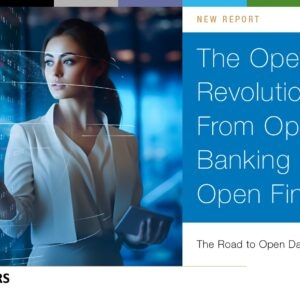
Majority of UK SMEs still rely on banks for cross-border payments despite pain points
Ellie Duncan | News
28 Jul 2023
UK SMEs remain reliant on traditional banks for cross-border payments, despite research having found that banks are failing to meet their cross-border needs.
A new report from FX and payments provider Neo has revealed that 78% of SMEs rely on incumbent banks for cross-border payments, yet 55% of SMEs identified “unfair pricing” as their biggest pain point.
This was followed by speed of execution, cited as a pain point by 45% of respondents, and then reporting transactions, at 42%.
The findings are based on a survey by Neo of 100 chief financial officers and treasurers at UK-based SMEs with cross-border operations and have been published in ‘Growing pains: the escalating cross-border payment challenges for SMEs’.
The majority of SMEs, at 72%, said it took two to five days for funds to appear on their suppliers’ bank statements, with the average length of time taken 2.81 days, Neo found.
The report showed that SMEs are exploring new alternatives to help resolve these issues, including 75% of SMEs that are considering diversifying their bank pool in the coming months.
Meanwhile, 65% of UK SMEs are using non-banking payment solutions to get around these pain points, including payment service providers and electronic money institutions.
Laurent Descout, chief executive officer and co-founder of Neo, said: “While cross-border payments have improved for consumers, standards in the B2B market have largely remained the same.
“Payments are still slow, fees are hidden and tracking is largely non-existent for many SMEs.”
He added that while most chief financial officers and treasurers continue with traditional banking partners, they are starting to look into other options, such as non-banking payment solutions and virtual accounts.
“Traditional banks simply can’t compete with the faster, easier, and more secure service that fintechs provide, and many SMEs are beginning to rethink their traditional banking partnerships as a result,” Descout said.








